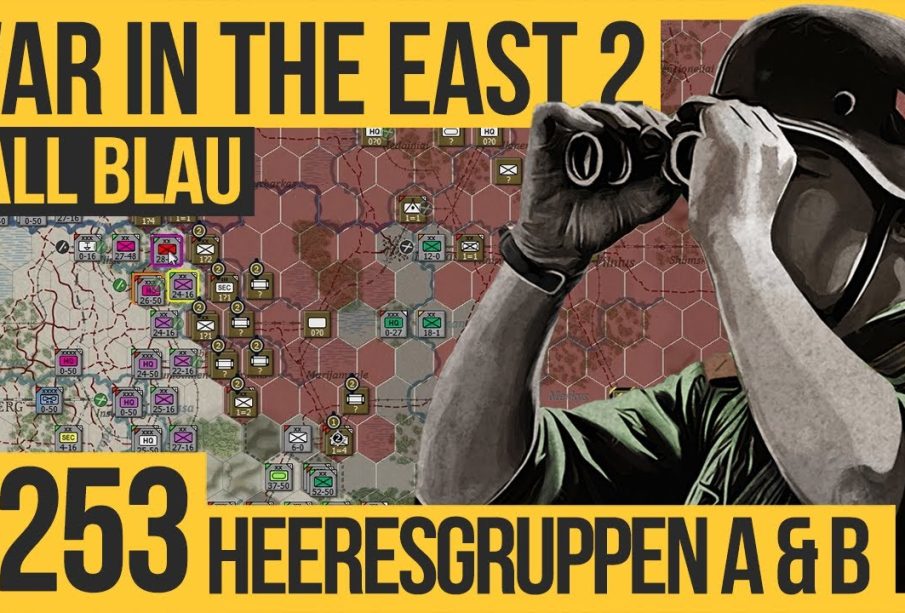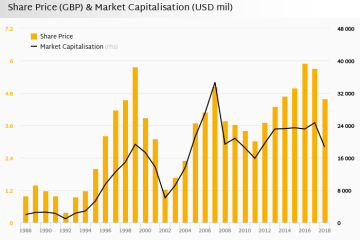An Insight into Modern Warfare: Trends and Implications

The Importance of Understanding Warfare
Warfare has evolved significantly over the centuries, with advancements in technology and geopolitical dynamics reshaping the landscape. Today, the topic of warfare is critical to understanding international relations and security threats globally. With conflicts emerging in various parts of the world, the analysis of modern warfare methods and trends is essential for policymakers, military strategists, and the general public.
Current Trends in Warfare
Recent events highlight notable trends in warfare. One significant aspect is the rise of hybrid warfare, a strategy that combines conventional military force with irregular tactics, cyber warfare, and misinformation campaigns. For example, the ongoing conflict in Ukraine, aggravated by the Russian annexation of Crimea in 2014, showcases how hybrid warfare is being utilised to achieve political and military goals without traditional outright warfare.
Moreover, technological advancements are playing a pivotal role in modern combat. Drones, artificial intelligence, and cyber capabilities are increasingly integrated into military operations. The Israeli Air Force’s use of drones has altered air combat strategies, demonstrating how unmanned systems offer both tactical advantages and ethical concerns regarding surveillance and targeted strikes.
The Impact of Cyber Warfare
The significance of cyber warfare also cannot be overlooked. Recent cyber-attacks, such as the SolarWinds incident in 2020, reveal vulnerabilities in national security, with state and non-state actors alike engaging in cyber operations to disrupt critical infrastructure. According to a report from the Cybersecurity and Infrastructure Security Agency (CISA), these attacks not only affect military operations but also threaten civilian infrastructure, making cybersecurity a top priority in the broader context of warfare.
Conclusion
The evolution of warfare demonstrates that conflicts are no longer solely defined by physical combat but are also influenced by technology and information warfare. As nations grapple with these changes, it is imperative for governments and societies to adapt to the shifting paradigms of warfare. Investment in cybersecurity, understanding hybrid tactics, and developing new strategies are crucial in safeguarding national interests. As we move forward, staying informed about these trends will be vital for resilience in an increasingly complex global environment.








